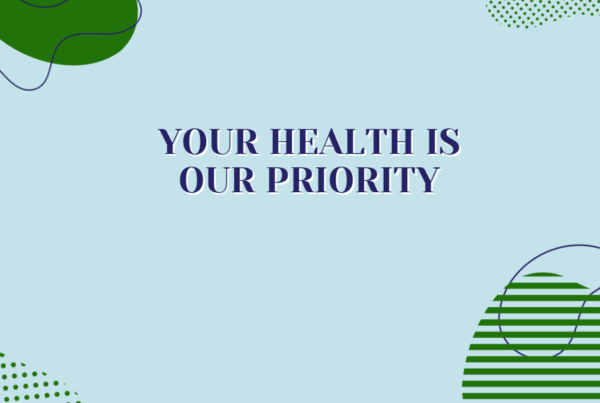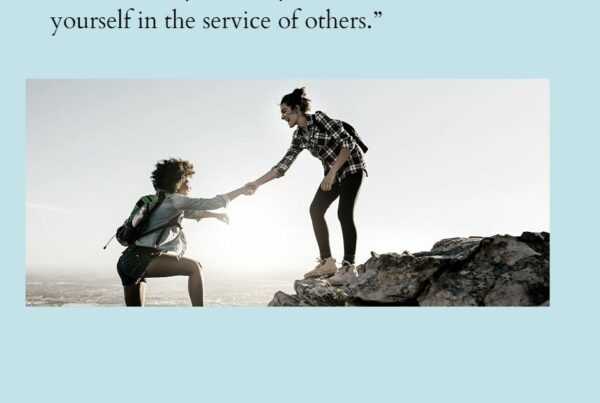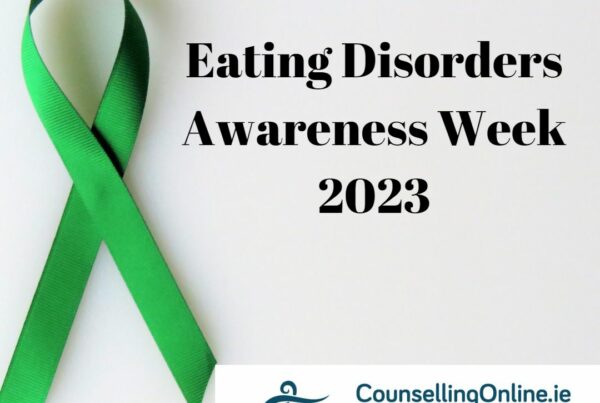By Laura
Over the past few months of working with clients, I’ve noticed that guilt has become a common theme in sessions. At some stage throughout the pandemic, we have all struggled with our emotions, our motivation, and engaging with friends & family. I’ve noticed with clients that these situations have triggered an array of emotions but the most common one being guilt.
As we’re all doing our best to manage our way through these trying times, it’s normal to want your own space, to not want to do another Zoom quiz, to decline phone calls with friends/family, or even fall off the bandwagon when it comes to exercise and diet. We have all faced difficult changes in our lives and we’ve had to adapt and change many aspects of our personal lives to adjust to the “new normal”. It’s OK to not feel yourself as you try and figure out what works best for you. You are allowed to have a few off days, you are allowed to want time to yourself and do nothing, and you’re allowed to feel unmotivated with work/exercise/diet.
Five types of guilt:
- Guilt for something you did.
- Guilt for something you didn’t do, but want to.
- Guilt for something you think you did.
- Guilt that you didn’t do enough to help someone.
- Guilt that you’re doing better than someone else.
I’ve noticed that social media appears to be one of the triggers for these feelings of guilt. Since March we’ve watched others completing 5km runs, having numerous Zoom calls with friends & family, or even taking up new hobbies. Guilt can be triggered here as we compare ourselves to others and their achievements and put ourselves under pressure to achieve the same things. We might feel guilty for not being as productive and motivated as others or we might feel guilty for not maintaining contact with friends and family. Such thoughts and emotions can be harmful to our mental health as it can lead to negative self-talk or self-loathing. It’s important to remember that everyone has different coping mechanisms for getting through tough times. While you might prefer to have a rest day and watch TV someone else might find comfort in going for a run, but that doesn’t mean that one is better than the other.
People who experience chronic guilt may have a higher risk of developing anxiety, depression, and other mental health problems. It can be overwhelming and damaging to our overall well-being. Often times, it leads to feelings of perfectionism and inadequacy. Sometimes it can worsen into behaviours of overthinking and overcompensating, as well as chronic emotional distress and high levels of stress. Guilt is a conditioned emotion learned in childhood and we can be more prone to excessive guilt depending on our family, culture, or religious upbringing. People with unresolved guilt might appear irritable or always on edge. They may be overly apologetic and clingy.
Feelings of guilt can often manifest in physical symptoms such as:
- Nausea, upset stomach, or other digestive issues
- Insomnia or trouble sleeping
- Muscle tension
- Stomach pain
- Tearfulness
- Headaches
Personally, this is something I would have struggled with throughout my life and more recently during the pandemic. Journaling my thoughts and engaging in therapy enabled me to explore the reasons behind the guilt. These feelings are triggered in times of stress but I’ve learned coping techniques that help me to challenge and rationalise these feelings. One of the most important things you can work on with guilt is compassion and forgiving yourself. We all make mistakes and we’re not perfect but we learn and grow from them; that’s part of being human. Learning from our mistakes leads to making better decisions. One of my favourite quotes from Maya Angelou sums this up “When you know better, you do better”.
Below are tips and techniques that you might find helpful in challenging and alleviating these feelings:
- Forgiveness & Compassion Meditations
- Working on acceptance
- Reflecting and Journaling
- Talking to a professional
- Learning from mistakes (Journaling can be helpful here)
- Challenging your thoughts
- Making amends
- Affirming the positive aspects of the situation





